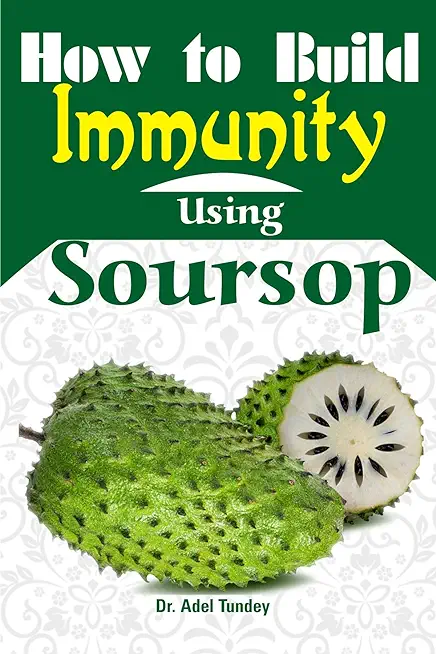
description
2Medicinal natural products have been traditionally applied for treatment of diseases and their active constituents have been studied for elucidation of their mechanisms of action. Annona muricata L. is a medicinal plant, commonly known as Graviola, Soursop, or Guabana. Graviola is a tropical evergreen fruiting tree, which belongs to the Annonaceae family. All parts of the Graviola tree are known to be effective against various human diseases such as cancer and parasitic infections. In particular, Graviola leaves were found to be effective against cystitis, diabetes, headache, insomnia, and inflammation. In South America and Africa, Graviola leaves have been applied as an ethnomedicine to treat cancer. Besides its medicinal uses, Graviola fruits are used for development of various food products including beverages, candy, and syrups.These traditional pharmacological uses of Graviola have evoked an interest for further elucidation of its effective components. Among various constituents in Graviola, acetogenins have been applied for cancer therapy. Annonaceous acetogenins are composed of 35- or 37-carbon long-chain fatty acids that form the polyketide skeleton. These acetogenins, derived from seeds, leaves, and pericarp have cytotoxicity against carcinoma cells of prostate, pancreas, and breast. Despite their anticancer efficacy, some acetogenins in Graviola leaves are known to be highly cytotoxic. In addition, chronic consumption of Graviola juice containing annonaceous acetogenins aggravates cerebral tau phosphorylation in mice and contributes to development of neuropathological changes observed in Parkinson's disease. Another important attribute about Graviola is its high content of antioxidant compounds. Phenolic acids and flavonoid glycosides in Graviola leaves are known to have potent antioxidant activities. Recently, we have reported that the total phenolic acid and total flavonoid contents were present in the steam and ethanol extracts of Graviola leaves in high concentrations, which is associated with their free radical-scavenging effects. Additionally, the ethanol extract of Graviola leaves was found to upregulate the expression of superoxide dismutase-1 (SOD-1) and nuclear factor erythroid-2-related factor-2 (Nrf-2), which contributed to its reactive oxygen species-reducing activity.
member goods
No member items were found under this heading.
Return Policy
All sales are final
Shipping
No special shipping considerations available.
Shipping fees determined at checkout.







